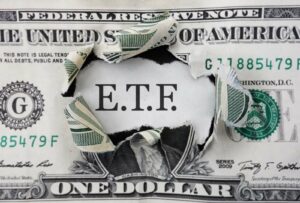
This infographic lists the five most active securities traders in the US House of Representatives as of the 7/1/2020 disclosure releases. A few notes about the data:
- We get our data from Members’ Financial Disclosure Reports, which are publicly available from the Office of the Clerk of the US House of Representatives.
- Member filings are covered by the STOCK Act of 2012, and are required to report transactions by both the Member and his or her household. However, despite penalties for failure to comply, there appears to be no compliance auditing or monitoring of filings.
- Members are required to file their trades within 30 to 45 days of execution, and there is an additional lag between that filing and it being made available by the Office of the Clerk. In practice, some Members file late or make errors and subsequent corrections in their filings. As of today (July 2), we estimate that between 1/3 and 1/2 of the June filings are received.
- Our software is able to process approximately 80% of the filings electronically in some capacity. However approximately 20% of filers are submitting forms that are manually filled in some way – handwritten, typewritten, faxed, or printed and scanned. That includes three of the Top-5 noted above. The manual transcription of these filings a possible source of data inconsistency.
- Several Members claim that they are not responsible for their trades, as they have given discretionary trading authority to their investment advisor. In practice, as we covered in a discussion of Representative Phil Roe, this is unclear. We are reporting trading volume only, and note that if Members wish to ensure the arms-length neutrality they claim then the Office of Government Ethics allows for the creation of Qualified Blind Trusts to hold their investment assets.
- We believe this data to be correct as of time of publication. For data revisions, news, and our most up-to-date research, sign up for our mailing list.





